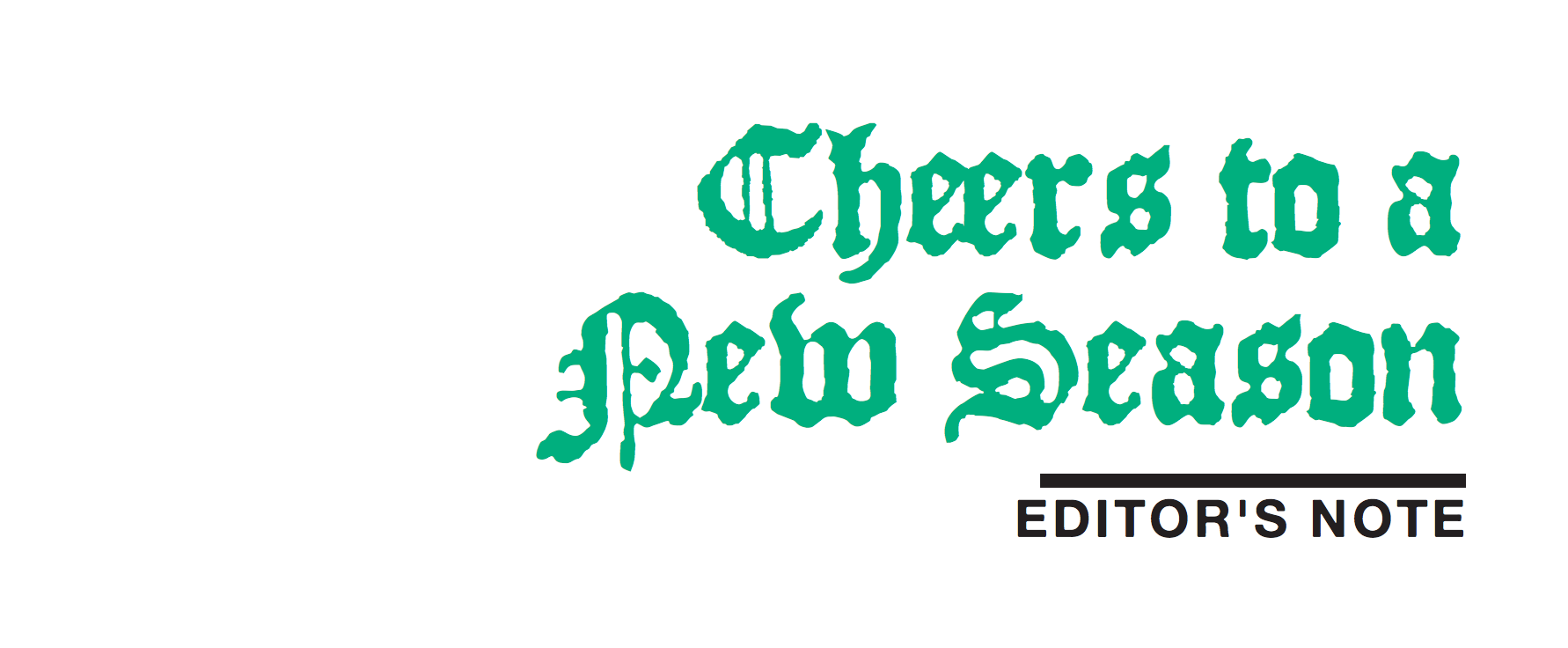I am a settler of Italian, German and British ancestry. I grew up on Syilx land in the Okanagan, and now live and work on the traditional territories of the Musqueam, Tsleil-Waututh, Squamish people in Vancouver. There were many moments over this past month — in conversations with colleagues, during the editing and verification of articles, while rallying against injustices towards Indigenous people across Canada — that I was made aware of my position as an uninvited guest here, and I am thankful for it.
As settlers, or non-Indigenous people, we sometimes allow fear to debilitate us from being more active allies to Indigenous groups. Maybe we’re afraid we’ll pronounce a term incorrectly and offend, or appropriate Indigenous culture and get called out. These fears, when written down, are so trivial by comparison to the issues Indigenous communities face as a result of ongoing, systemic racism and colonialism. It is time for settlers to be less fearful, less fragile, and to mobilize our bodies towards supporting Indigenous causes.
For settlers, it’s okay to get things wrong, just show up. Show up when there are actions, rallies and protests. Sign your name to petitions. For white settlers in particular, your skin grants you privilege and protection in this society that is not afforded to Indigenous people or people of colour, but your privilege can be leveraged to draw attention to issues affecting marginalized communities. I wish the answer to getting mainstream media coverage or government support wasn’t this prejudice, but it is.
In February, I dedicated some time to #SettlerCollector and #TrollCollector debates on Twitter. For those unfamiliar with this initiative, these hashtags are a way of identifying social media threads where Indigenous people are being harassed with violent, racist remarks. Although this harassment has always existed, it got more heated when Indigenous people began tweeting grief and anger towards the acquittal of Colten Boushie’s murderer, Gerald Stanley; Raymond Cormier’s not guilty verdict in the murder of Tina Fontaine; and the injustice for missing and murdered Indigenous women. Those being attacked use the hashtags #SettlerCollector and #TrollCollector, and allies step in to redirect the aggression.
I noticed reoccurring hostility through statements like, “I was born here, and this land belongs to me too,” or “my ancestors worked hard to get to Canada and own their property,” or “you’re in Canada, respect our laws.” Comments that rebut Indigenous land claims and exalt Canadian institutions are just manifested colonialism doing what colonialism was intended to do: erase Indigenous narratives and oppress Indigenous people. To settlers who identify with these statements, even loosely, please seek out education. Indigenous Writes by Chelsea Vowel is a great place to start, so at least debates can be framed within context.
This process of unlearning racism and becoming an ally is an ongoing one. Even now, I feel incredibly insecure about this Editor’s Note. Am I forgetting something? Did I explain something wrong? Will someone accuse me of preaching? Probably, but that’s okay. I choose to sit with that fear and be humbled by it. This is one of the many teachings I have learned by listening to First Nations, Inuit, Métis and ally speakers at demonstrations.
*
In this issue of Discorder, you will read a transcript of a conversation between CiTR’s Indigenous Collective and INAC poster model, Neegann Aaswaakshin; a profile of the gender-bending drag extravaganza, Man Up; an interview with Shindig winner, Mamarudegyal; Steel & Oak’s acknowledgment of gender inequality in the brewing industry; a poem by Cree-Métis writer, Samantha Nock; and more. There are also reviews of live music, albums, podcasts and books.
A+
BB





